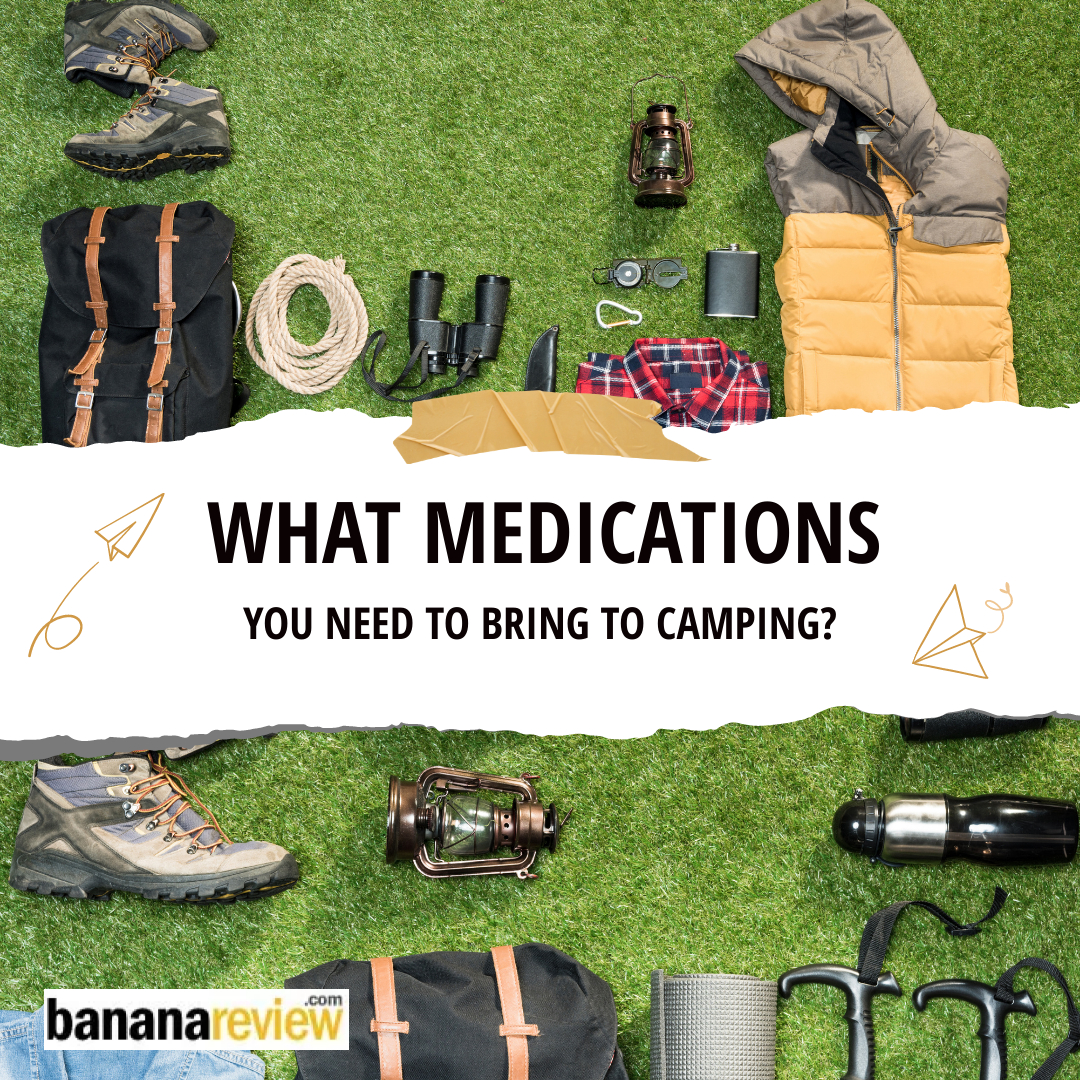Camping can be a fun and refreshing activity, but it’s important to be prepared for any emergencies that may arise. One essential aspect of this preparation is having a well-stocked medical kit that includes all the necessary medicines. In this article, we’ll discuss the most important medicines you should include in your camping first-aid kit.
- Painkillers: Painkillers are a must-have in your camping medical kit. Painkillers like ibuprofen and acetaminophen can help relieve headaches, muscle aches, and fever. They can also help alleviate pain caused by minor injuries like cuts, burns, and insect bites.
- Antihistamines: Antihistamines are useful in treating allergic reactions. They can help to reduce the symptoms of allergy, including itching, rashes, and sneezing. Antihistamines like cetirizine and diphenhydramine are available over-the-counter and can be easily included in your camping first-aid kit.
- Antiseptic Solution: An antiseptic solution like hydrogen peroxide or Betadine is essential for cleaning and disinfecting cuts, scrapes, and other wounds. It can help prevent infection and promote faster healing.
- Anti-Diarrheal Medicine: Traveler’s diarrhea is a common problem when camping. Therefore, it’s essential to keep anti-diarrheal medicine in your medical kit. Loperamide and bismuth subsalicylate are two of the most commonly used anti-diarrheal medicines that can help reduce symptoms and make your camping experience more comfortable.
- First Aid Manual: Finally, it’s important to have a first aid manual in your camping first-aid kit. It can help you manage injuries and medical conditions that may arise during your camping trip. Make sure to read and understand the manual before your trip, so you know what to do in case of an emergency.
In conclusion, a well-stocked medical kit is an essential item to carry while camping. It can help you deal with any injuries or medical conditions that may arise during your trip. Be sure to pack these essential medicines in your kit before you head out on your next camping adventure

